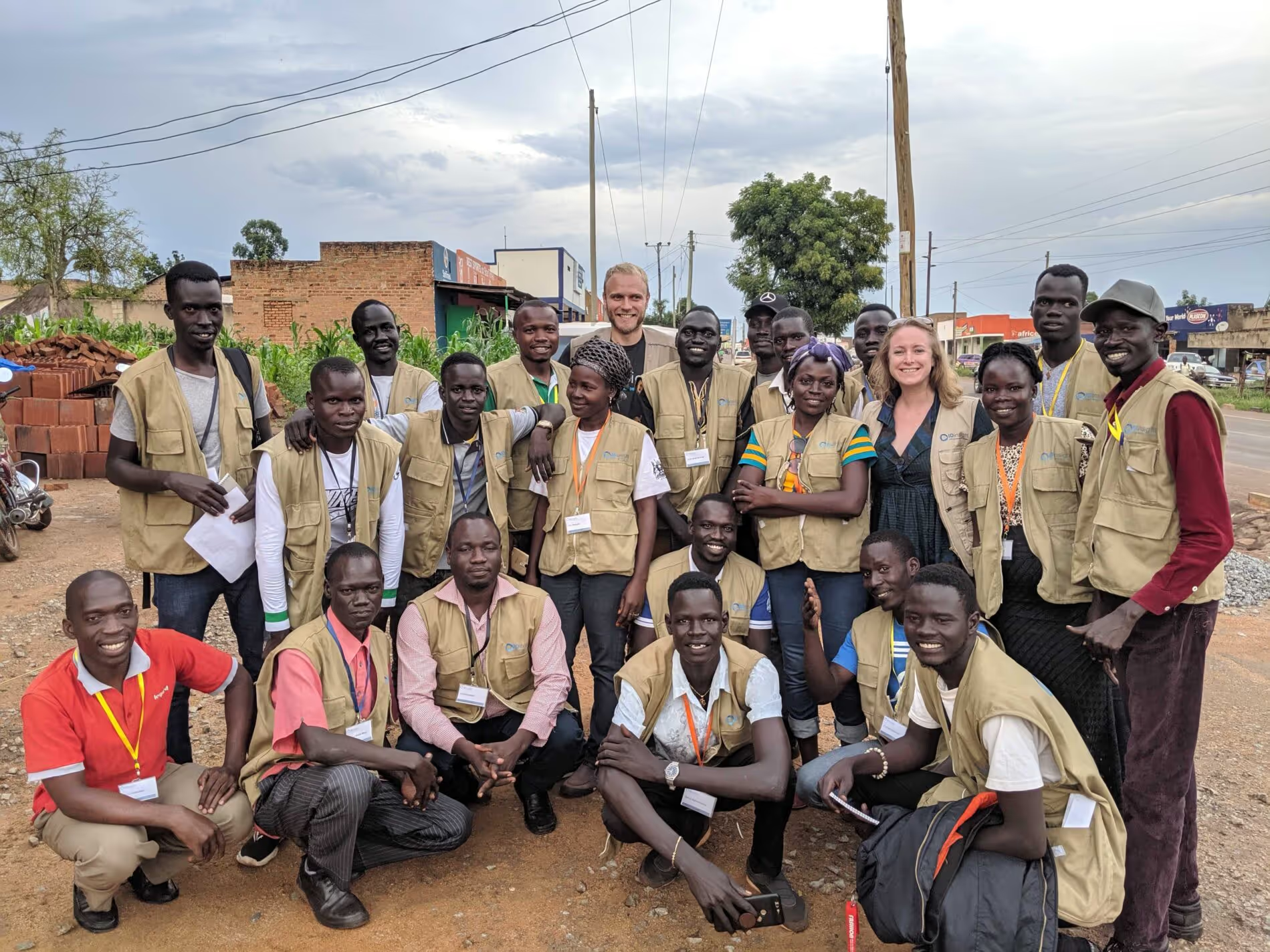Research Snapshot: Cash transfers & food security amid COVID-19

This Research Snapshot summarises findings of the research undertaken as part of the R2HC-funded study Cash transfers and COVID-19: experiences from Kiryandongo, Uganda
This study focused on South Sudanese refugees registered in Kiryandongo Refugee Settlement, in Uganda. It explored the 8-month impacts of large, one-off cash transfers on refugee food security during the early months of the COVID-19 pandemic.
The study found that one-off cash transfers did not achieve food security for all refugees- but do provide moderate protection from food insecurity. Food insecurity should be considered alongside assessment of future risks of COVID-19 infection in the settlement.
While humanitarian agencies increasingly provide a ‘cash’ option for monthly aid, in lieu of in-kind support, these agencies have not distributed large, one-off transfers. This study assessed the one-year impact of the first attempt of such a transfer — $1000 from GiveDirectly. When the pandemic struck, phone surveys were launched to look at a variety of outcomes, including food security and responses to COVID-19 public health measures. The findings indicate that cash transfers help improve conditions, but do not bring households to an acceptable level of food security.